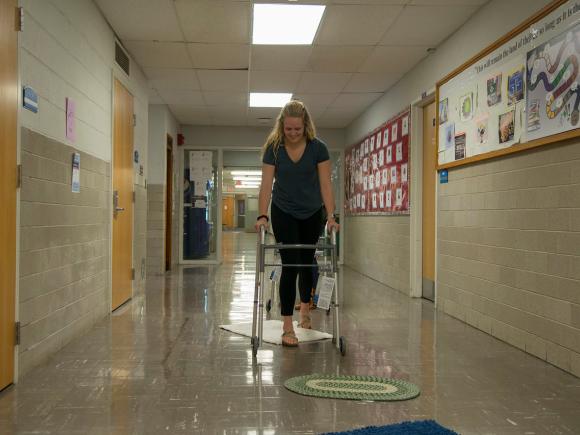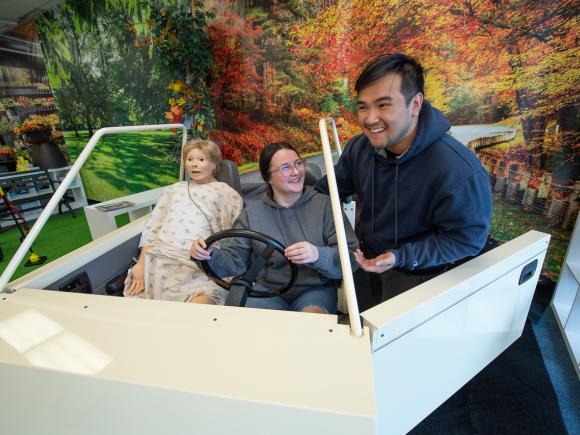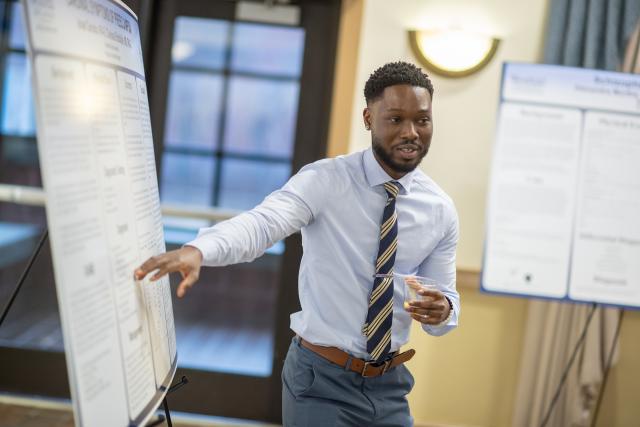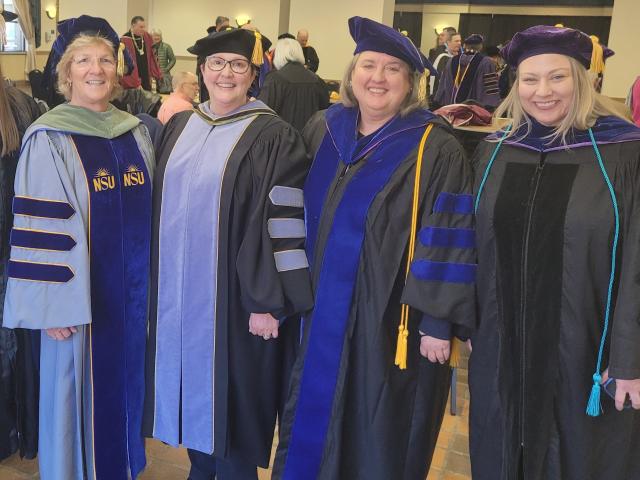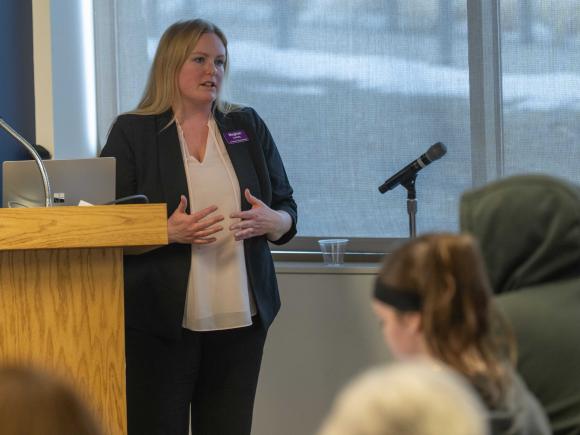
The Gerontology concentration within the Health Sciences major equips students with a deep, interdisciplinary understanding of aging and its impact on health and society. Blending the foundational Health Sciences curriculum with focused coursework in gerontology, students examine the aging process through biological, psychological, and social lenses. Core topics include medical ethics, public health, and evidence-based research, complemented by specialized classes like Introduction to Gerontology, Health & Physical Aging, and Sociology of Aging. Students also have the opportunity to select electives in areas such as caregiving, policy, and lifespan development, allowing them to shape their academic experience to align with their interests and career goals. Ideal for those interested in long-term care, elder advocacy, or graduate study in gerontology or healthcare, this concentration prepares students to make a meaningful impact in the lives of older adults.

